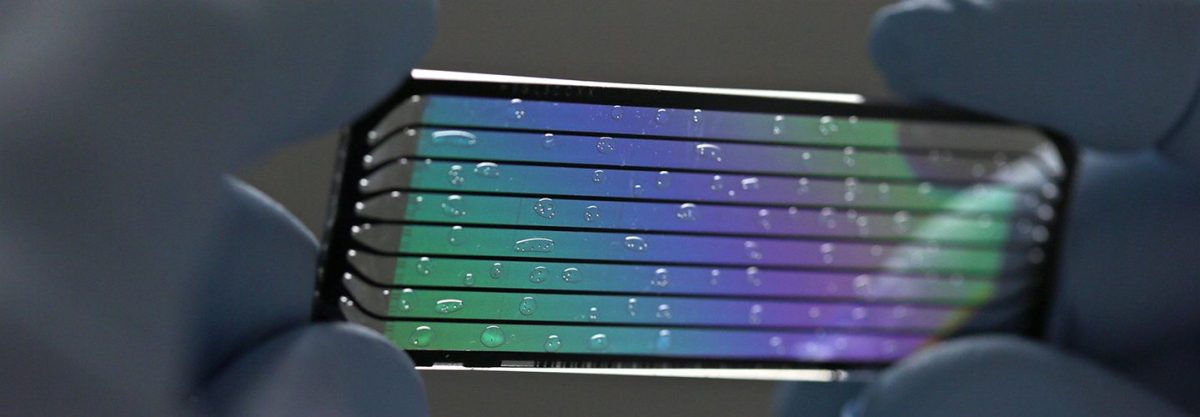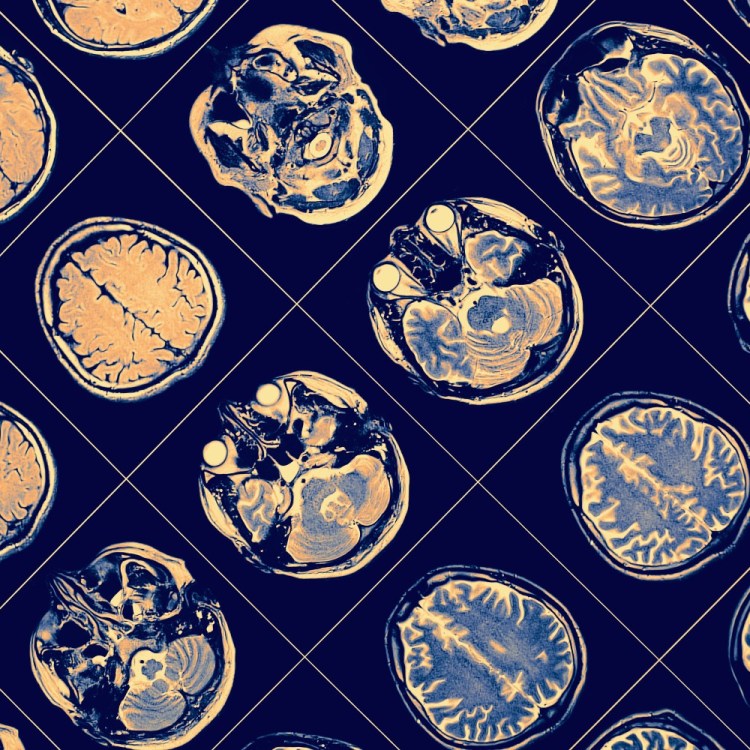A startup called Helix is launching its online hub where people can digitally explore their DNA and genetic code through different applications on their phone or computer.
Founded in 2015, the company was started with a $100 million from genomics giant Ilumina. Helix is counting on the idea that not only do people want to learn more about their DNA but they’ll pay to interact with it.
Other companies like 23andMe and AncestryDNA have successfully proven these facts. They sell DNA testing kits for $200 or less. Most genetic testing kits like this are a one-time deal. You give your sample — usually with a cotton swab or spitting in a cup — and then you get a detailed report of your genetic makeup.
Helix wants to do things differently. Helix CEO Robin Thurston says that the classic DNA kits can be daunting, and people look once and usually don’t go back again and again. But with Helix, users will be able to choose things about their genome they want to learn about.
For the initial $80, Helix will sequence the most important part of the genome called the exome, which contains about 20,000 genes plus some other things. All that information is digitized and stored by Helix, which then gives the information to other companies. Once people get their genes sequenced, they can choose from different apps on Helix like ancestry, fitness, health and nutrition. Each app is designed to tell you something different about your genome.
Some of the apps linked to Helix are medically relevant, such as those that can explain your estimated risk for inherited cholesterol or heart problems. Others can tell you about your sleeping patterns. Helix has managed to attract major medical institutions like the Mayo Clinic and Mount Sinai Health System to develop apps for its stores.
However, not everyone believes Helix is a good thing for consumers, says Technology Review. Daniel MacArthur, a scientist at Massachusetts General Hospital and Harvard Medical school studies the human genome. He says there’s a “danger associated with mixing medically serious tests, such as disease carrier testing, with a range of lifestyle, nutrition, and wellness tests that have little scientific evidence to support them.”
He says it runs the risk of inflating customer expectation and eventually undermining consumer confidence.
Direct-to-consumer genetic tests are loosely regulated in the United States.
This article was featured in the InsideHook newsletter. Sign up now.
























